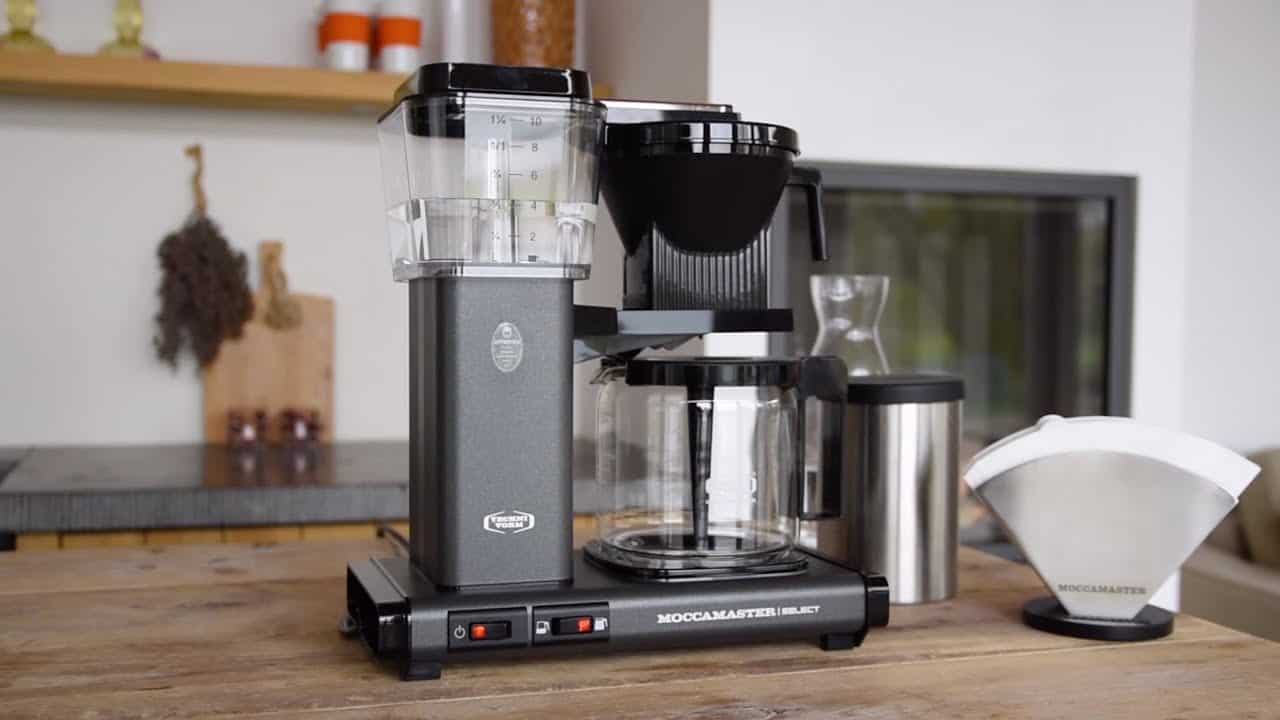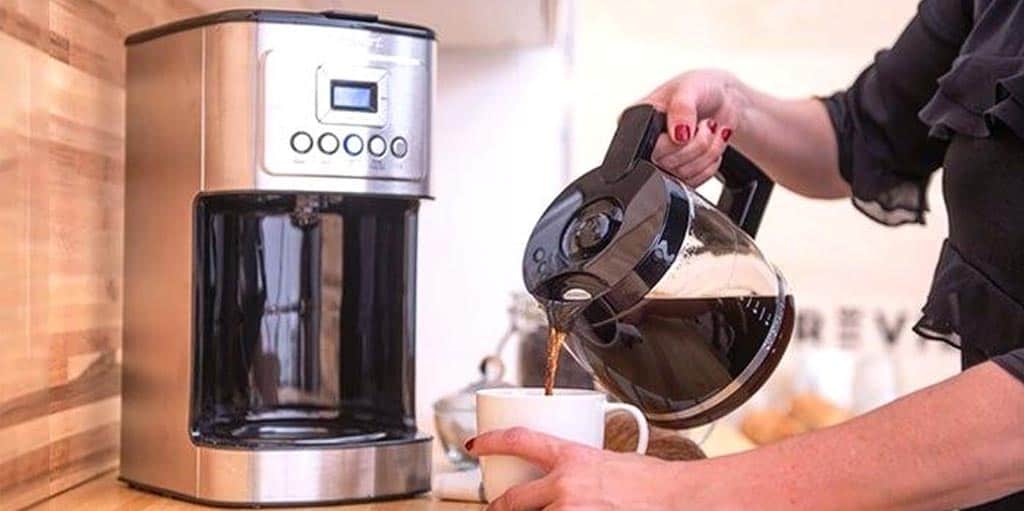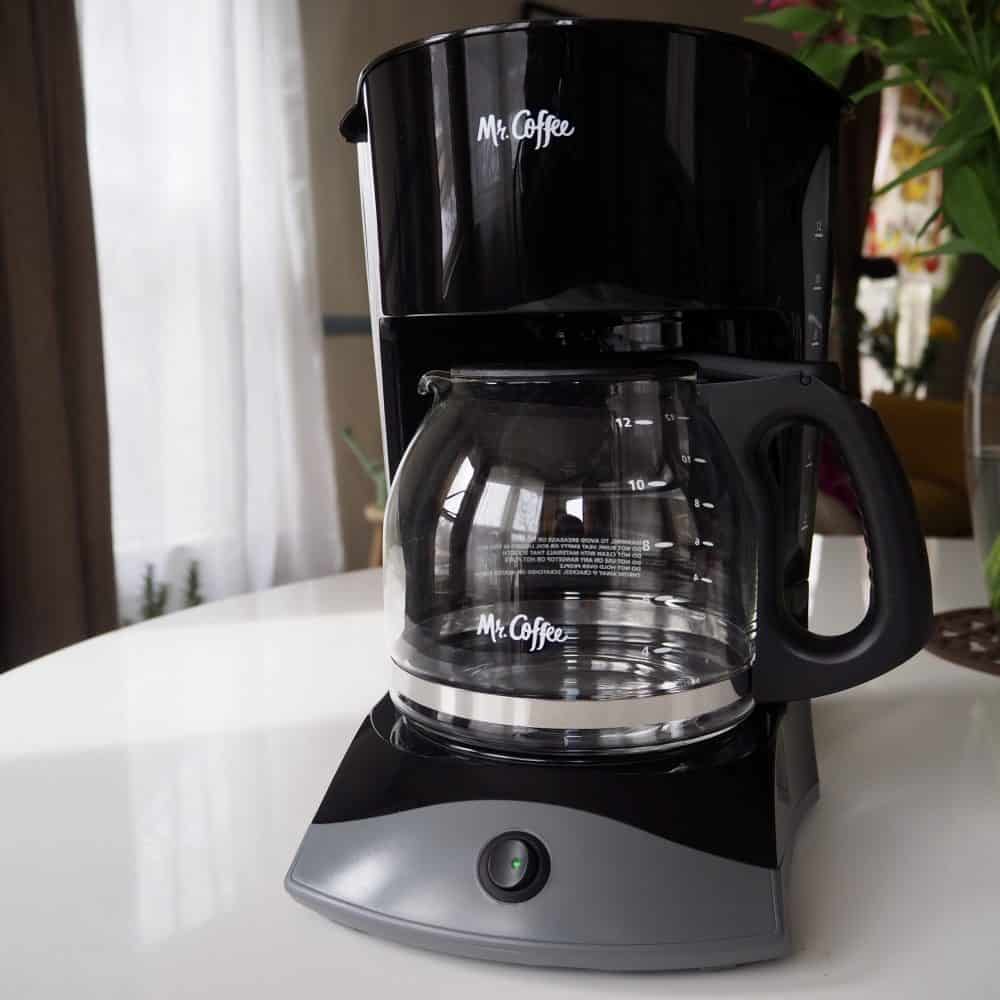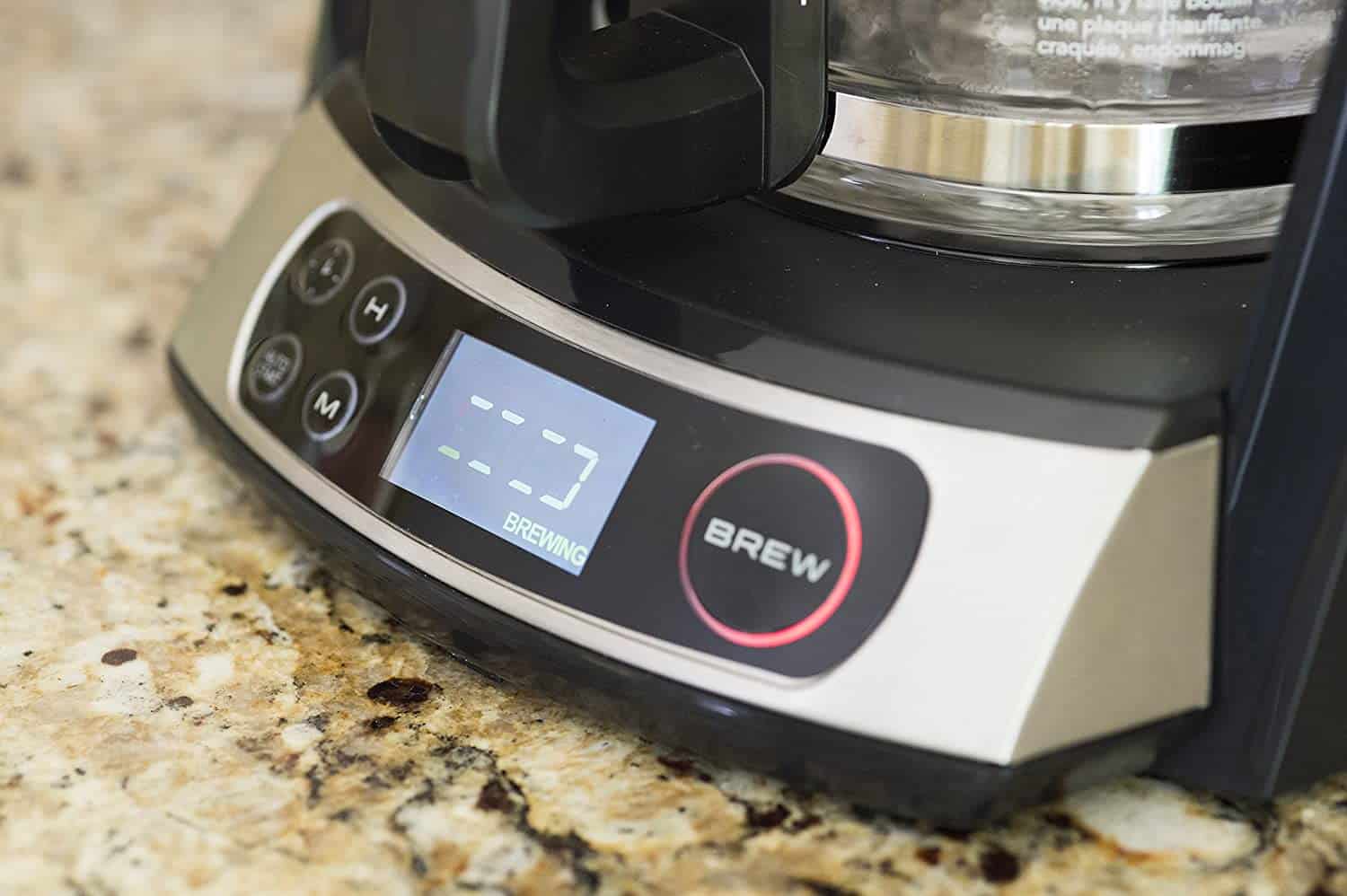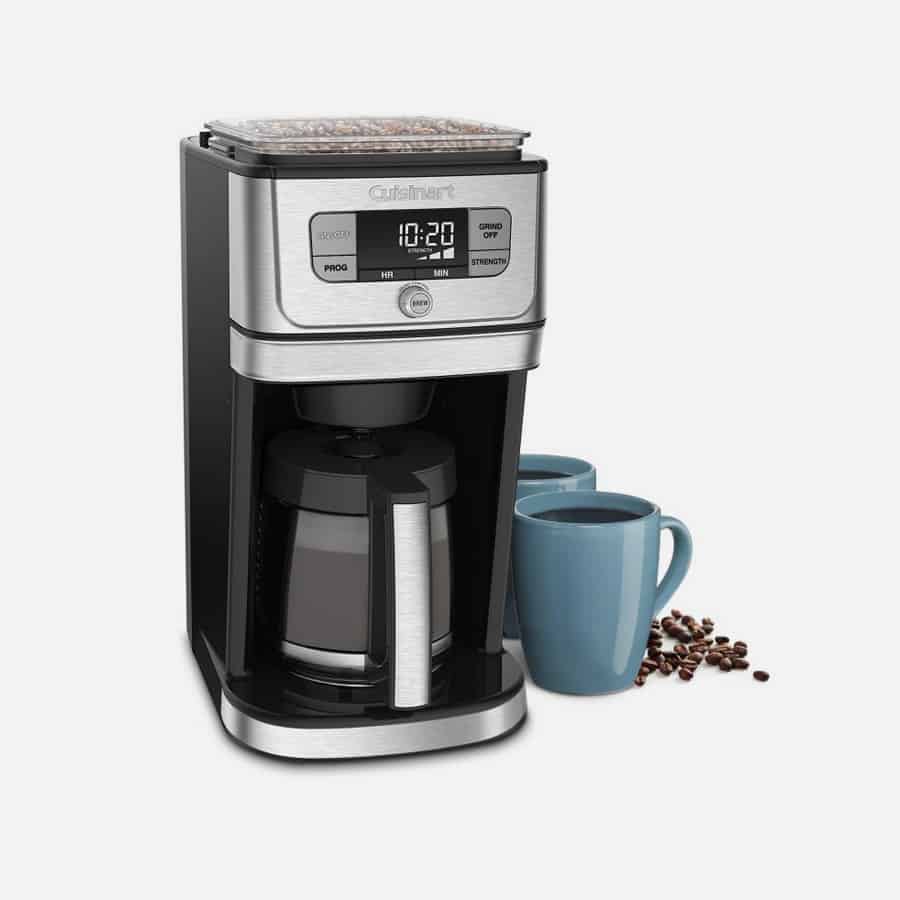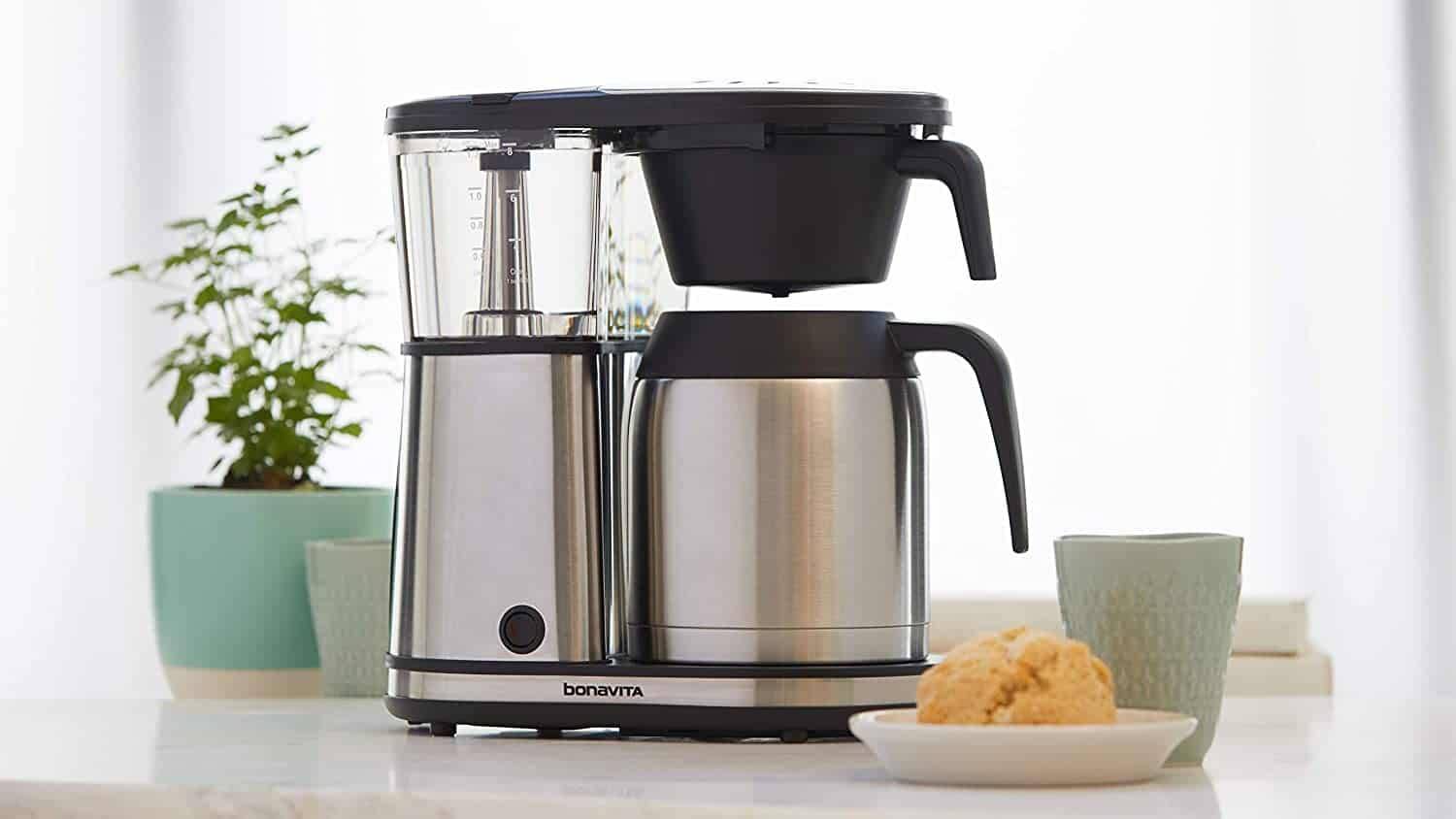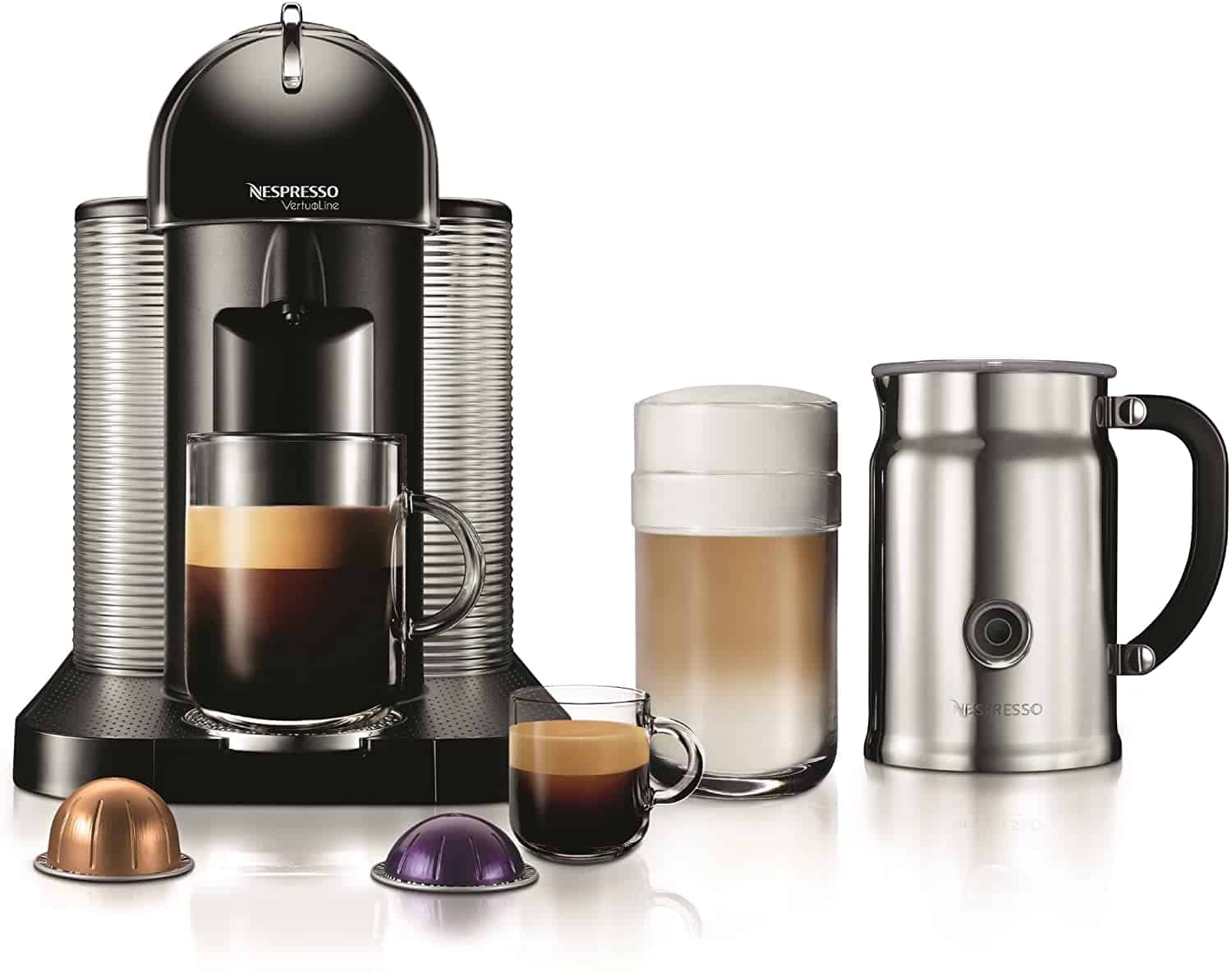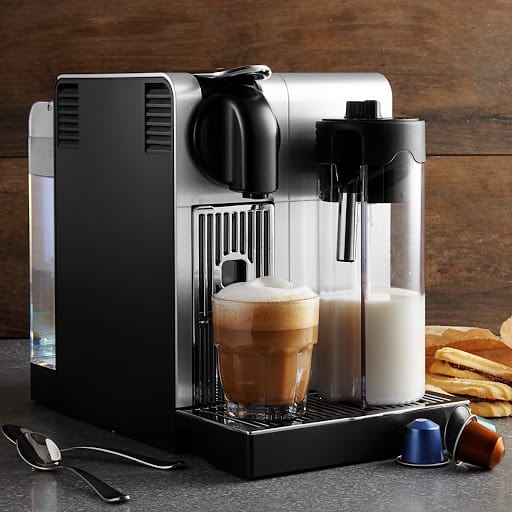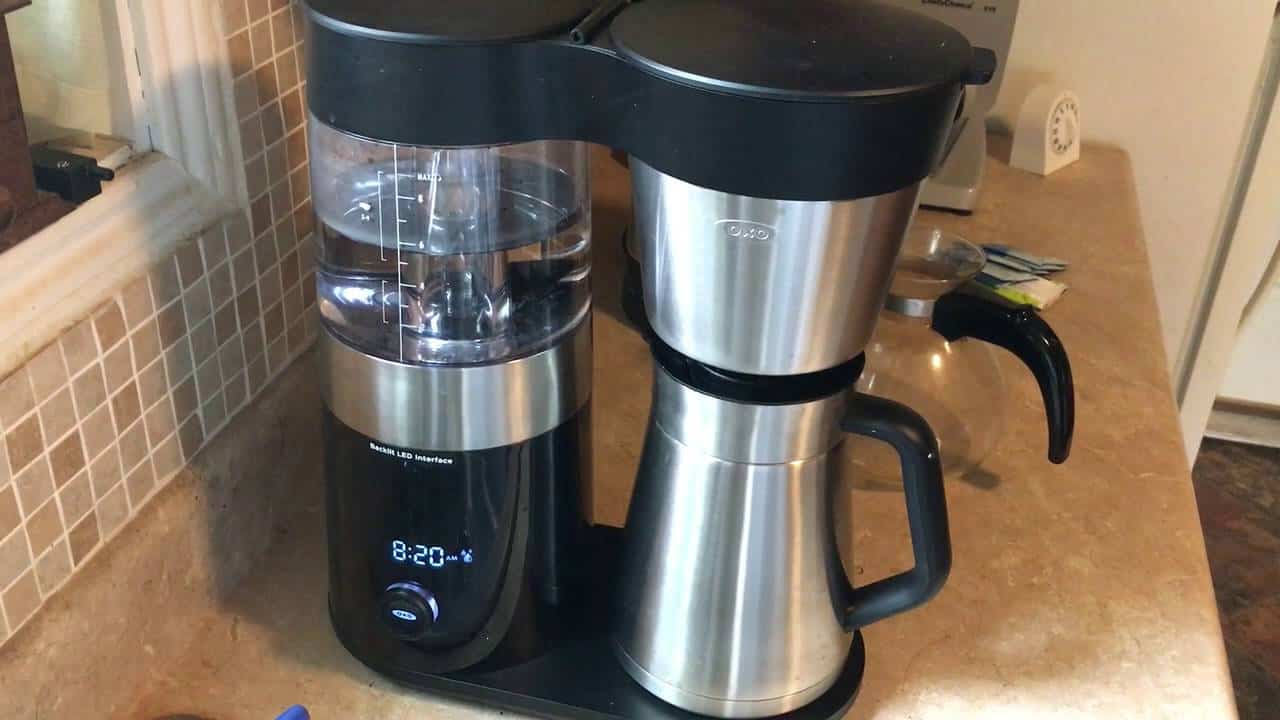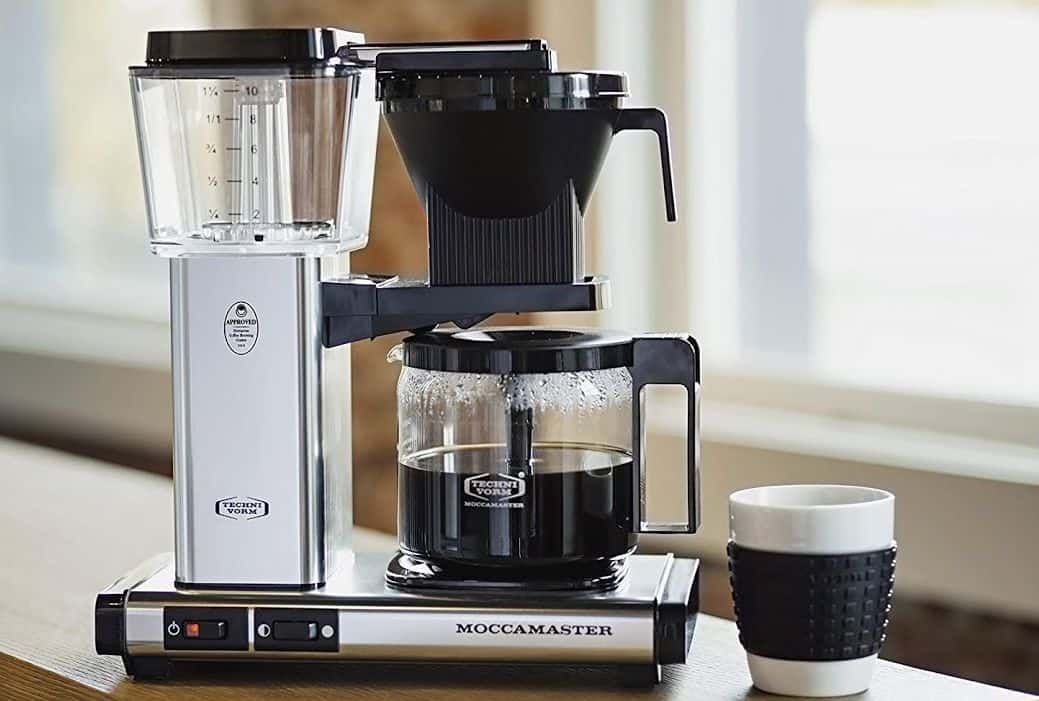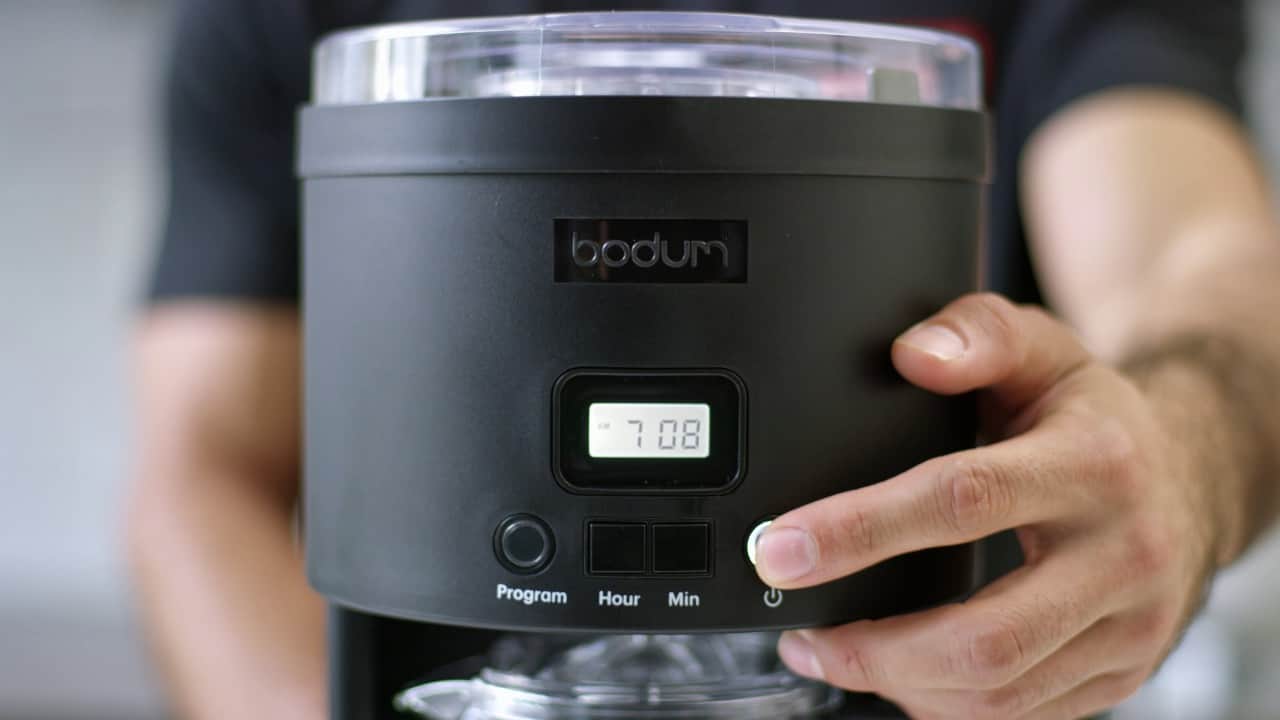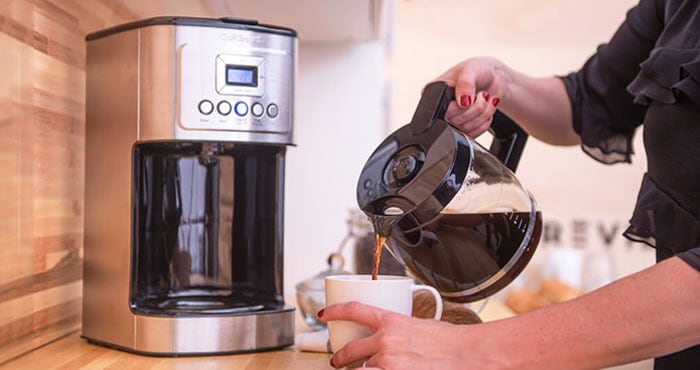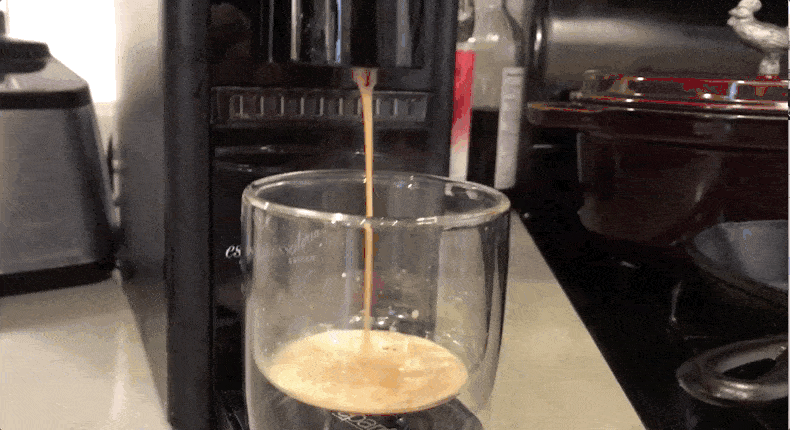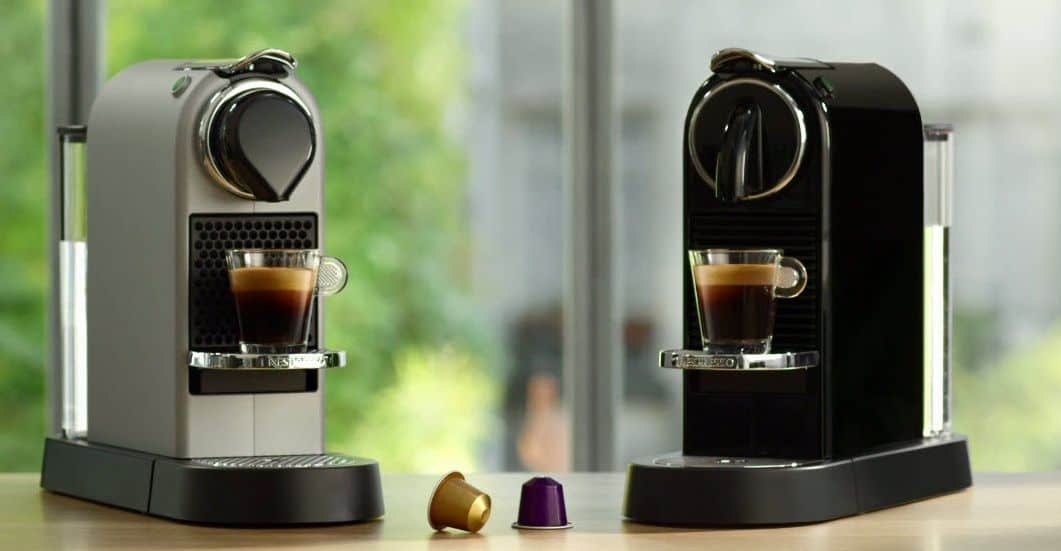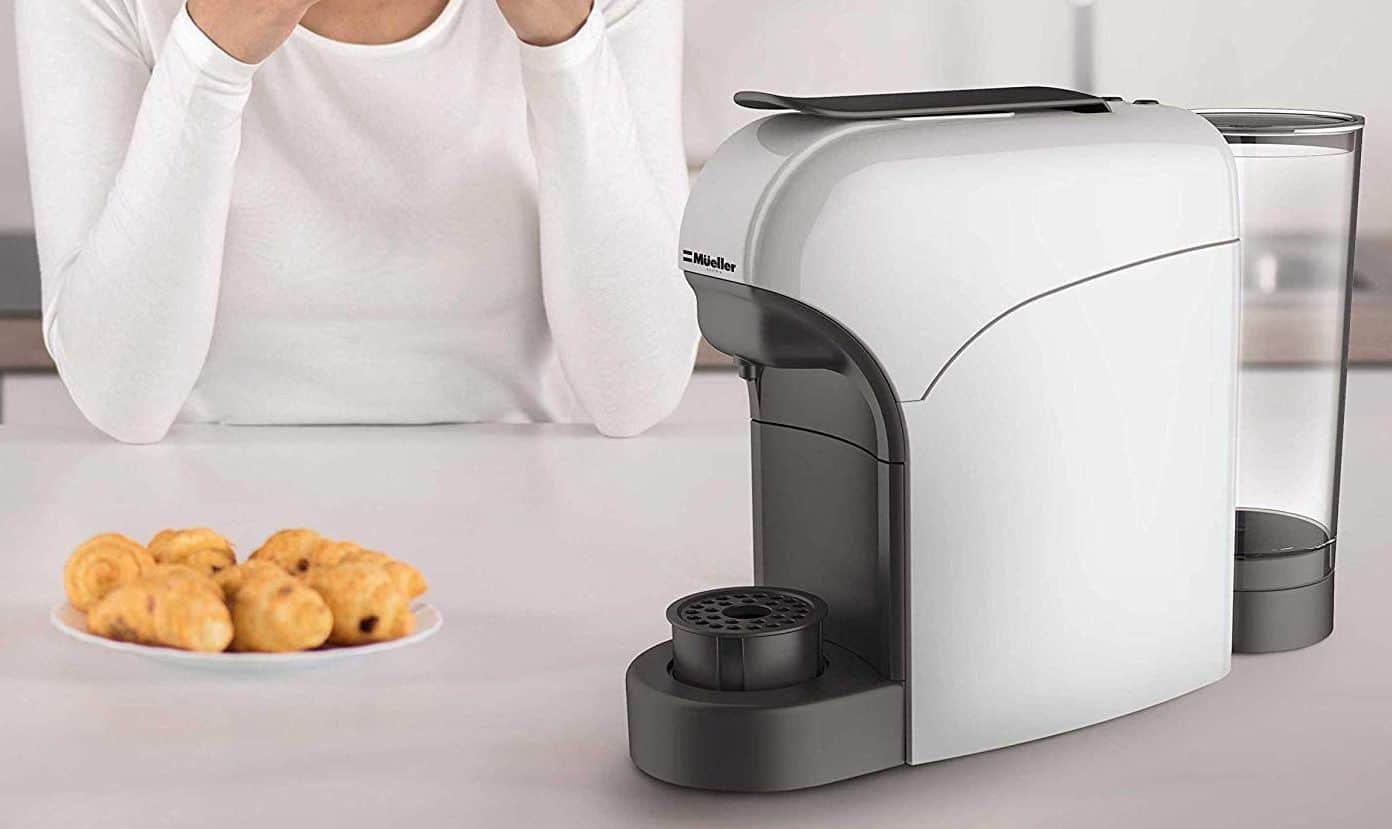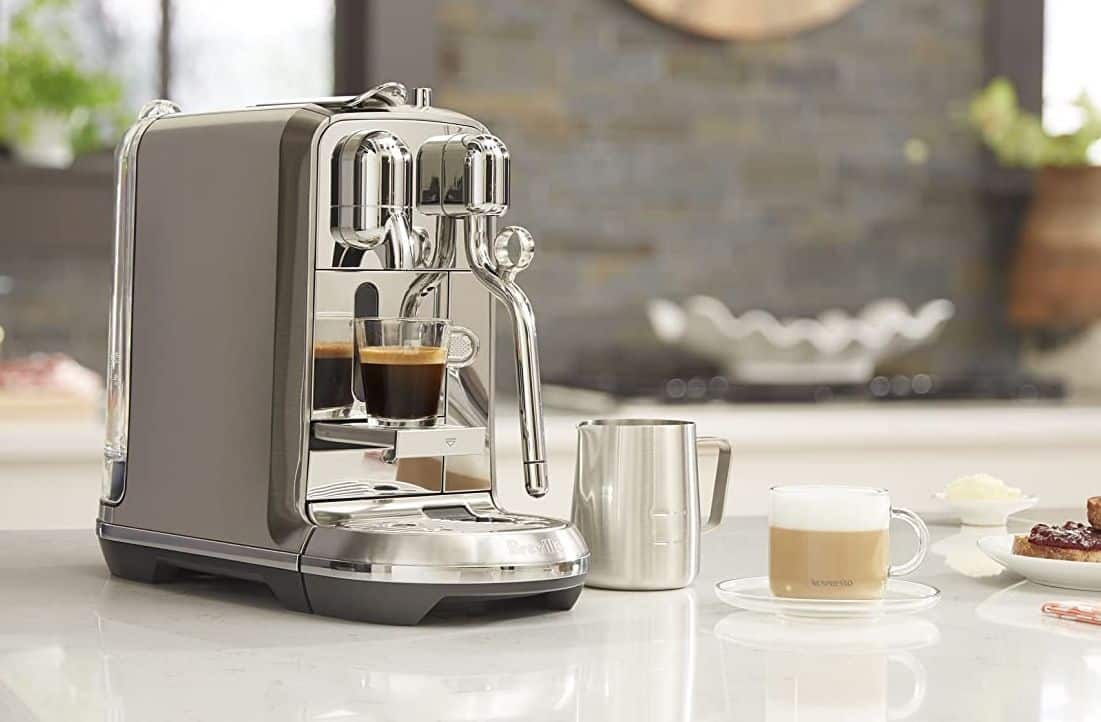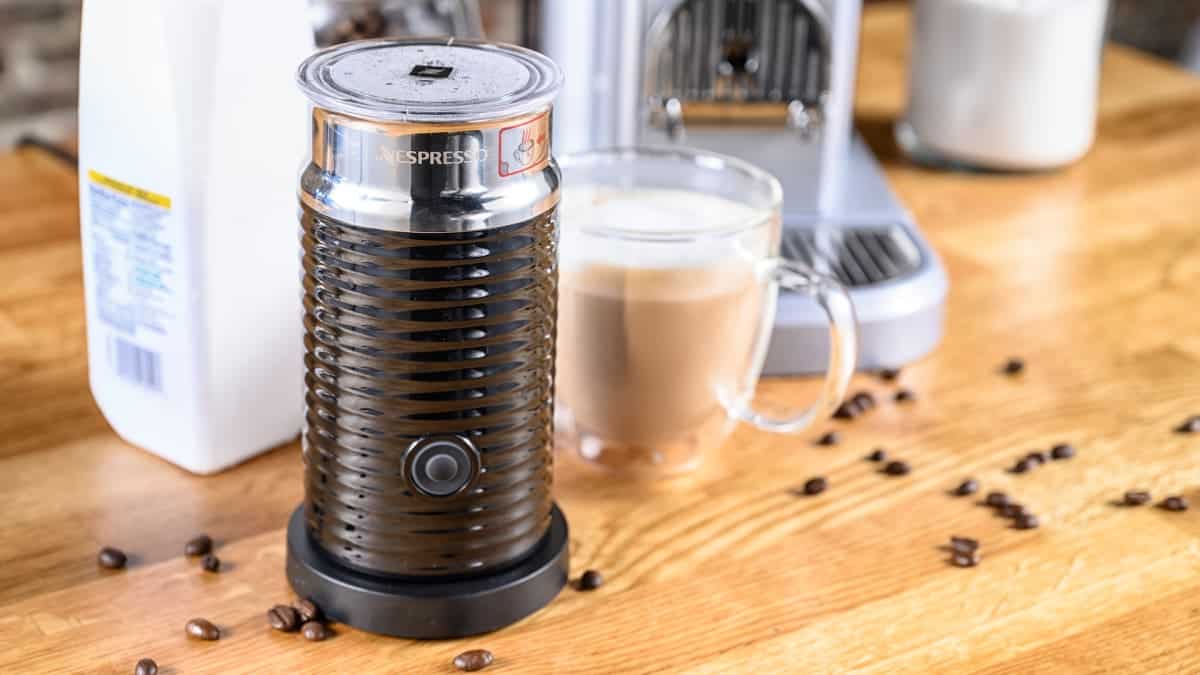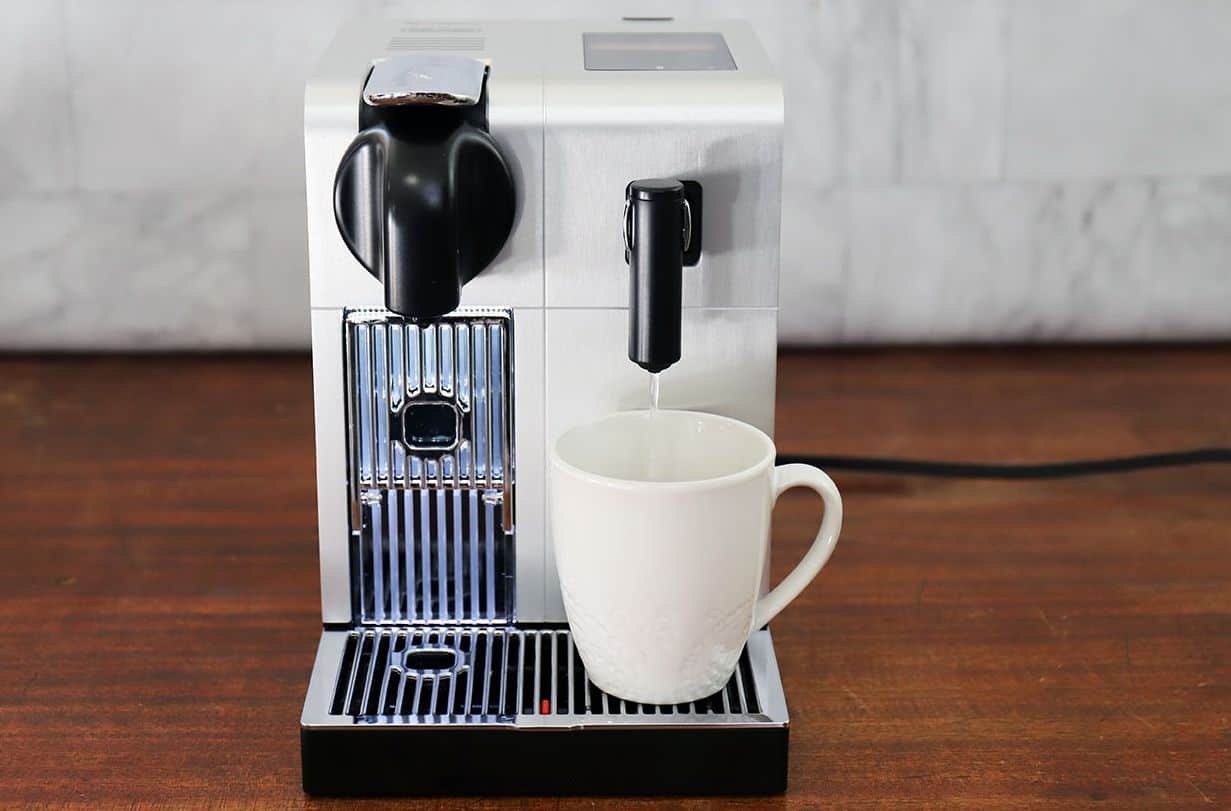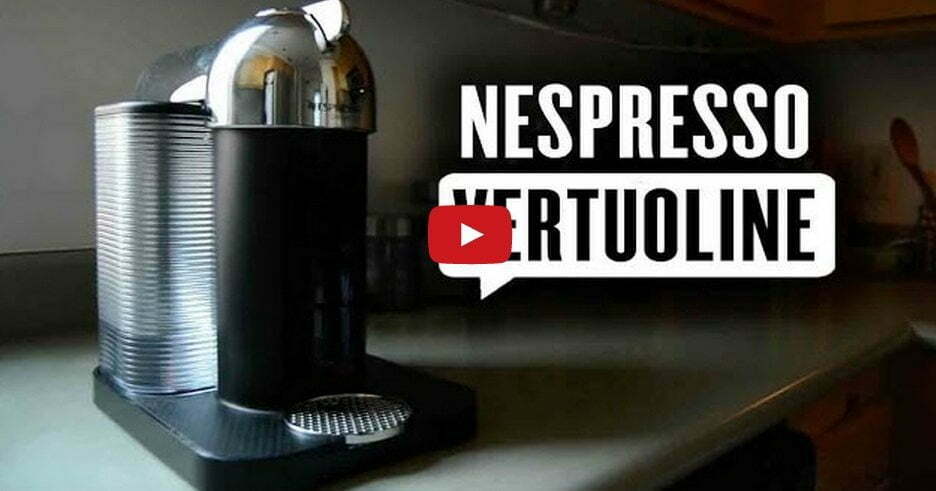Every coffee lover faces decisions regarding which brew method to use, including the choice between a French press vs a regular coffee maker. The best coffee maker relies on flavor extraction and the coffee grounds used, but it also depends on the brewing method.
KEY TAKEAWAYS:
- French press utilizes time, heat, and pressure to produce cups of coffee in an immersive brewing method.
- Regular coffee machines run hot water through ground coffee beans and a paper filter to extract the taste of your favorite roast.
- Both of these brewing methods brew several cups of coffee for you and your family whenever you want them.
The brewing process varies greatly depending on the device you choose, resulting in varying flavors, ease of use, and caffeine levels. Read on to learn more about French press and drip coffee makers and your cup of coffee. If you are interested in other options, decide between a French press vs a cold brew maker.
Difference Between French Press and Drip Coffee
Both French press and drip coffee machines produce hot coffee. Although both create delicious coffee in a few minutes, they differ greatly in ease of use, brewing process, and caffeine levels. Because of these factors, many coffee lovers prefer one or the other. To learn more about single-serve products, check out the differences between a Keurig vs a Keurig 2.0.
Insider Tip
A cup of coffee from a drip coffee maker contains more caffeine than one from a French press.
Processing
A drip coffee machine heats water to create the ideal pot of coffee. These devices take this hot water and saturate medium grinds for extraction. Once the taste transfers to the hot water, the liquid drips through the paper filter into the coffee carafe. The brew time for fresh coffee takes little time for each coffee drinker.
On the other hand, French press coffee makers require you to heat water in a separate container, such as a gooseneck kettle or stainless steel pot. Once the water reaches the water temperature just below boiling, you combine your coffee grounds and the hot water inside your French press. You let it sit for three to four minutes of brewing time and depress the plunger on the top slowly. Then, transfer the liquid to another container to let it cool for a short time before serving.
Ease of Use
A French press coffee maker requires little effort after heating the water. Additionally, there are fewer pieces to the French press than the traditional coffee maker. The brewing pitcher features a lid with a plunger attached to a metal coffee filter. When you need to clean your machine, you can wash them easily. Some of these pieces can be put in the dishwasher.
Meanwhile, a drip coffee machine requires you to place your coffee grinds and paper filter in the filter compartment. Then, place your coffee carafe under the spout and run your device and keep your coffee hot. This process is relatively simple, but cleaning your machine takes more effort. In addition, you have to descale your coffee machine every month or so to reduce mineral buildup. To do so, combine citric acid, vinegar, or chemical descaler with water and follow a set of instructions with several steps.
Caffeine
The level of caffeine in each cup depends significantly on the roast used and the extraction method from coffee oils. Some machines, like espresso makers and drip coffee machines, generate cups of coffee with large amounts of caffeine. For example, a small one-cup serving of drip coffee contains an average of 95 mg of caffeine.
Meanwhile, a small serving of French press coffee contains about 74.2-87.8 mg of caffeine. This figure means that your cup of French press coffee most likely contains less caffeine than a cup of drip coffee from a coffee machine. So, if you are looking for strong coffee, you would probably prefer a cup of drip coffee.
Warning
A drip coffee machine requires descaling every month or two, so a French press remains easier to clean.
F.A.Q.S
Will French press coffee raise your cholesterol?
You may see a slight rise in your cholesterol, so French press coffee is not recommended for patients with high cholesterol. However, for most healthy patients, this increase is too minor to make a difference unless you are drinking large amounts of French press coffee.
Why is French press coffee bad for you?
Paper filters trap certain chemicals found in coffee beans. However, coffee makers like the French press that feature a metal filter don’t catch cafestol and kahweol. As a result, any unfiltered coffee or coffee using a metal filter can increase LDL cholesterol and triglyceride levels.
How many cups can they brew?
The average French press will make two to four cups of coffee, while the average drip coffee maker brews up to 12 cups.
STAT: According to the latest National Coffee Drinking Trends Report, 81% of daily coffee consumers report drinking coffee at breakfast. (source)
REFERENCES:
- https://nationalcoffee.blog/2016/02/12/how-much-caffeine-is-in-my-coffee/
- https://www.illy.com/en-us/coffee/coffee-preparation/how-to-use-a-french-press
- https://www.kruveinc.com/blogs/main/how-different-brew-methods-affect-caffeine-extractionr
- https://www.espro.com/blogs/coffee-talk/espro-french-press-vs-pour-over
- https://www.youtube.com/watch?v=4C9FUxldAXo

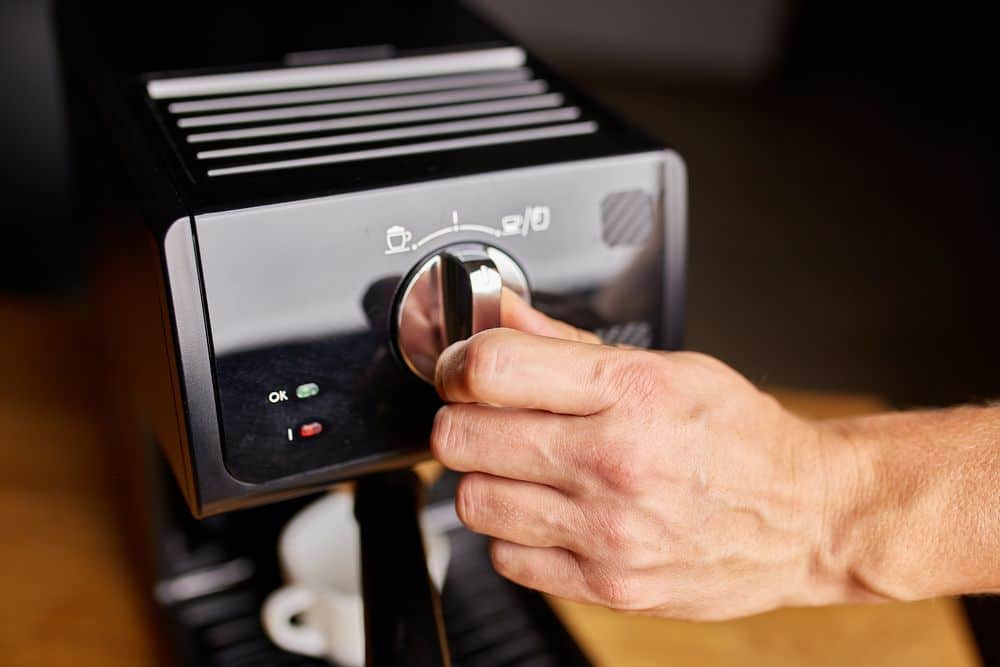













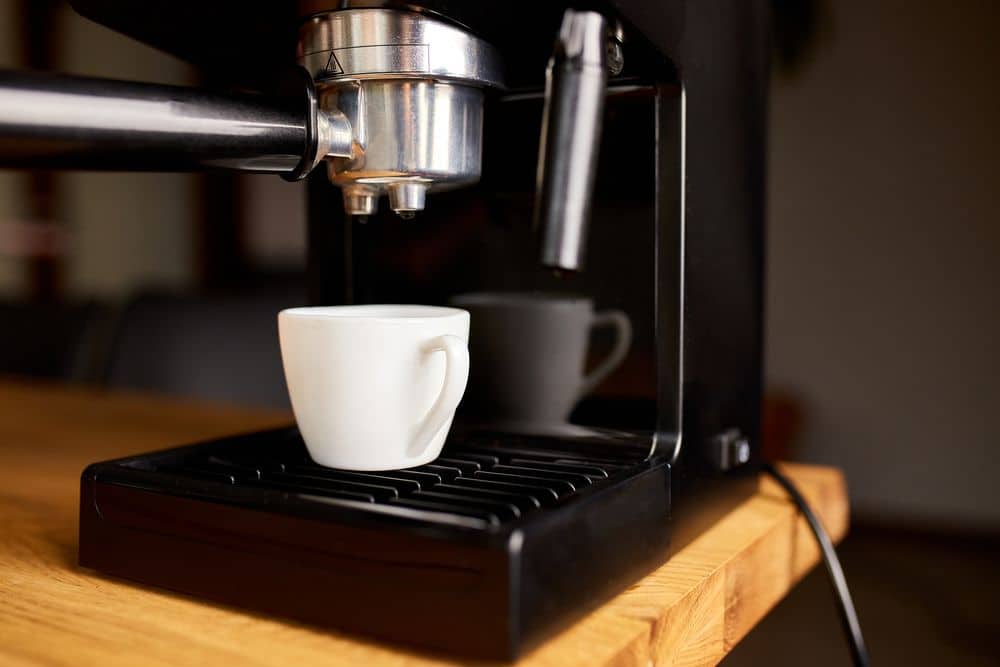
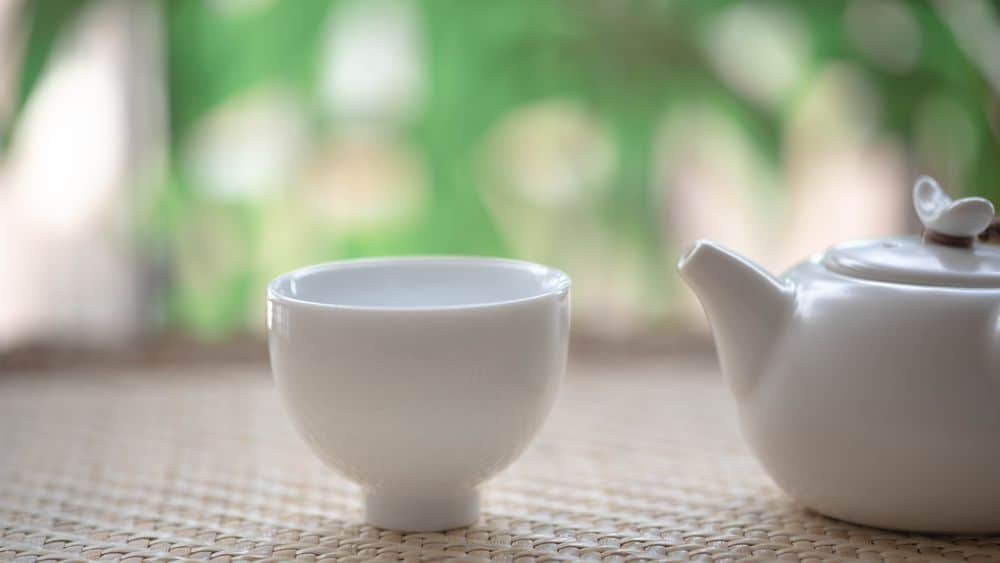
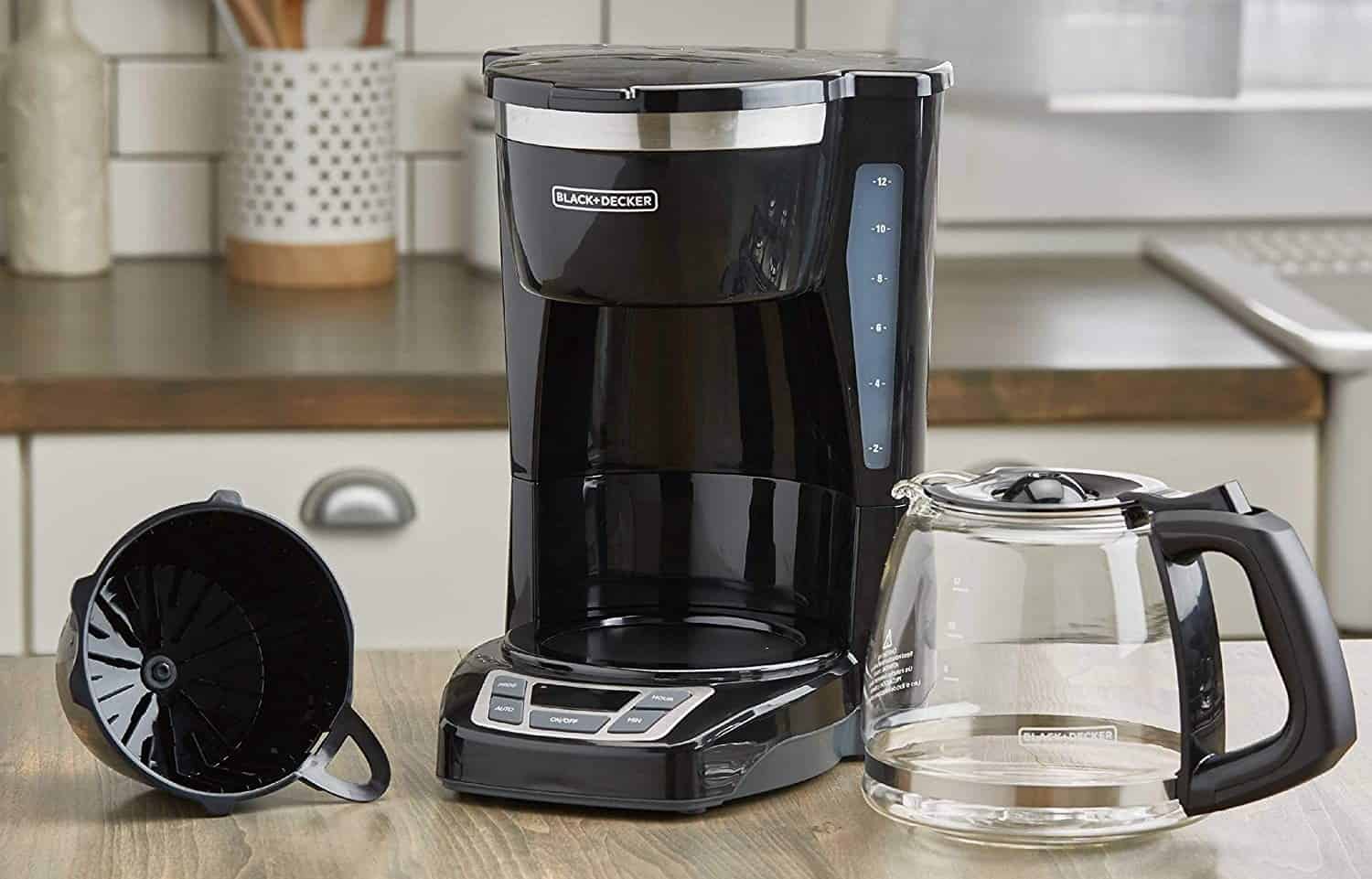
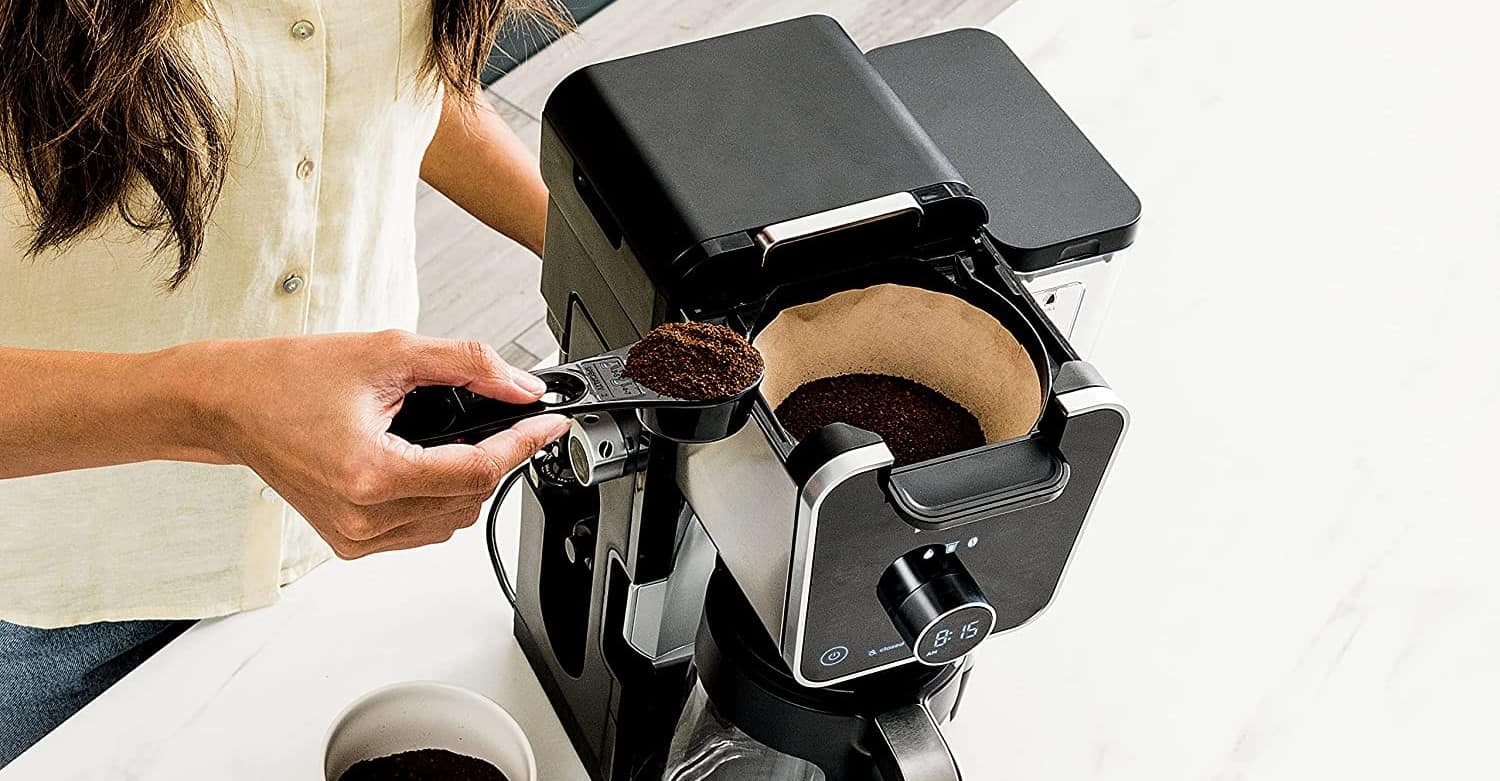
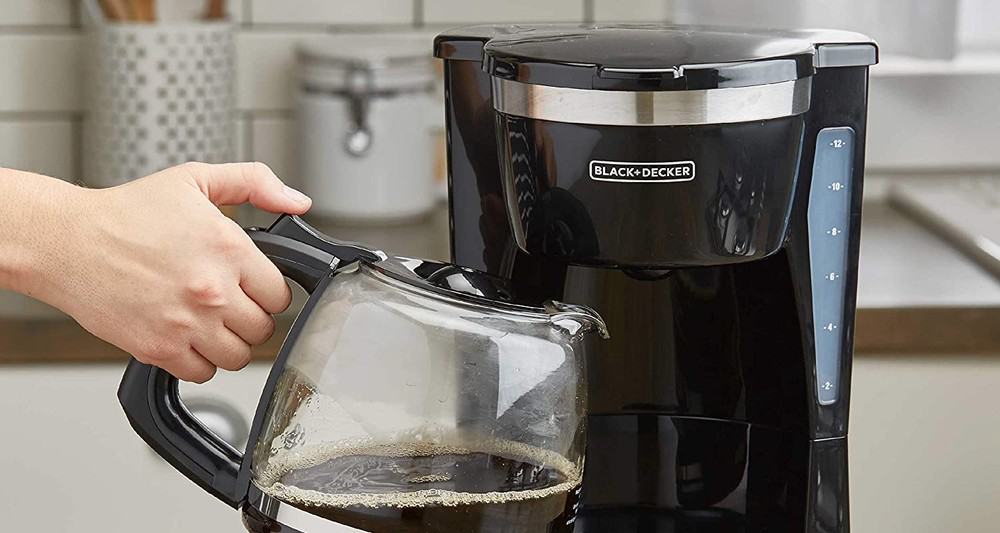
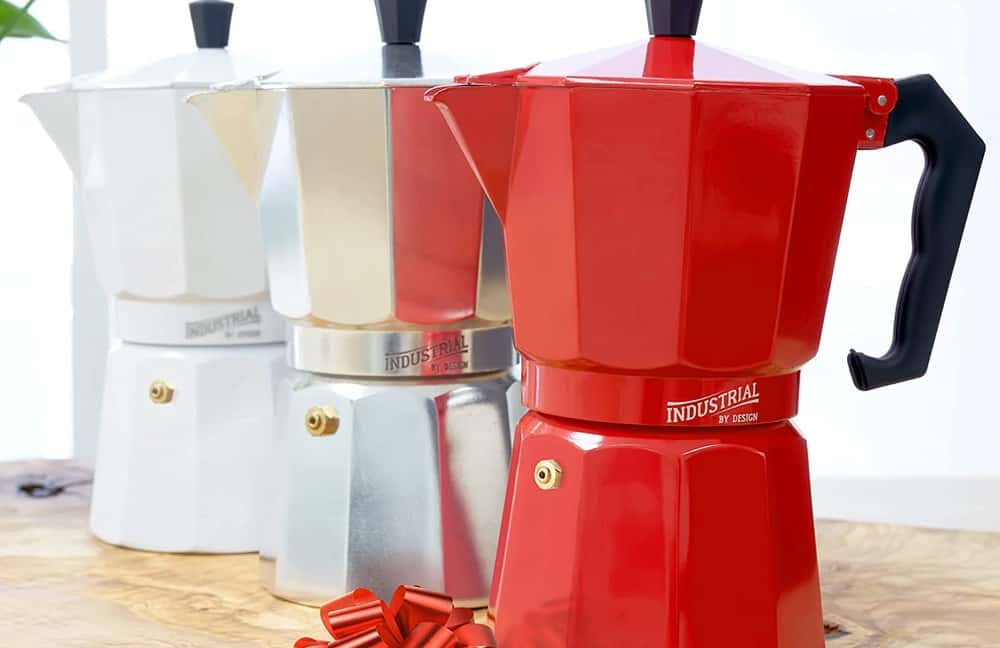
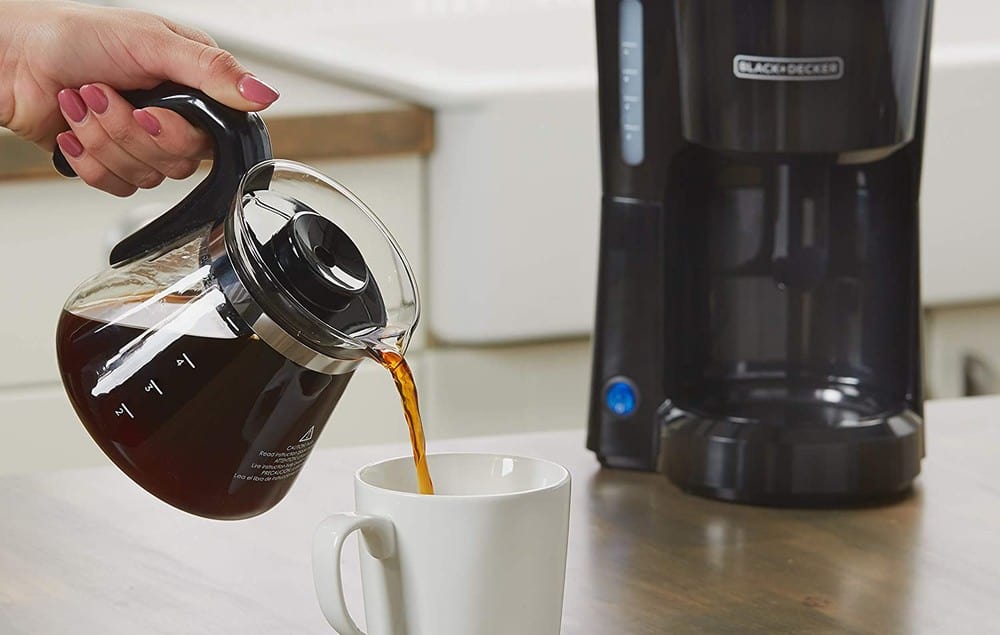
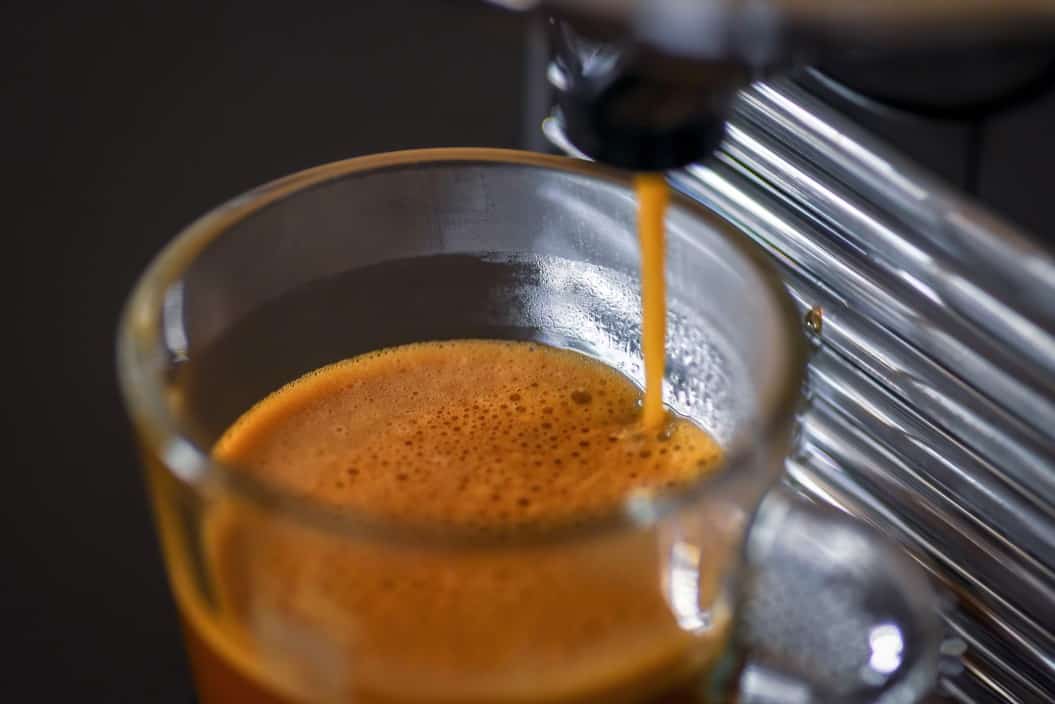
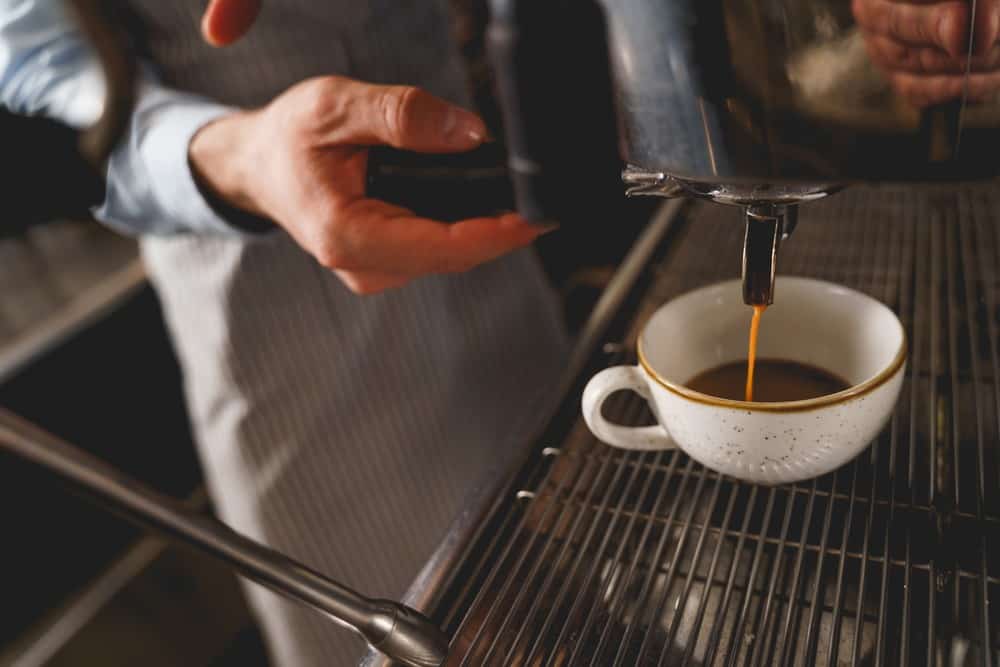
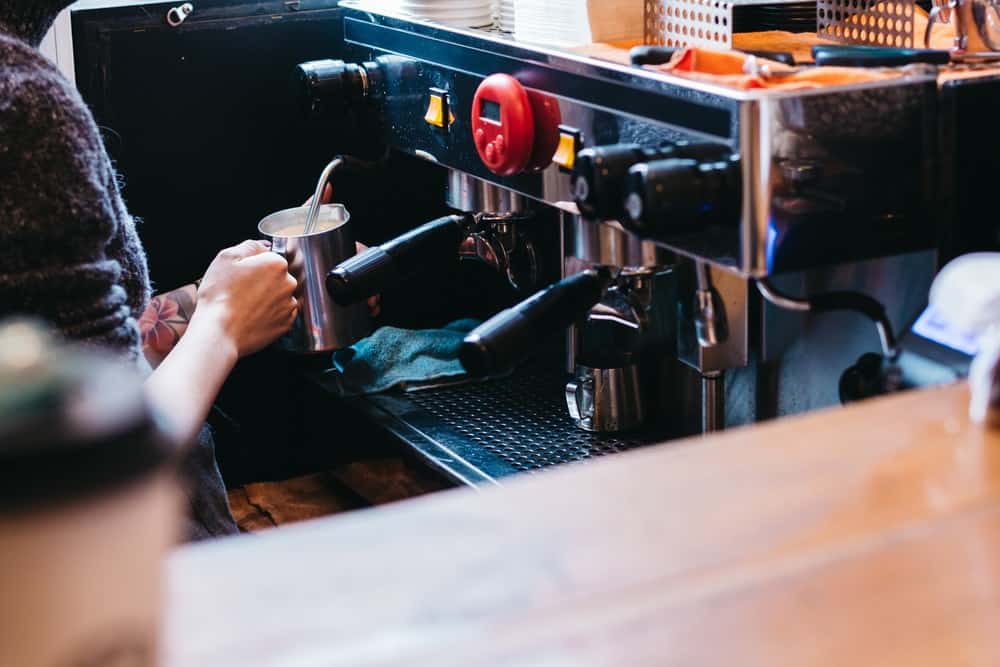
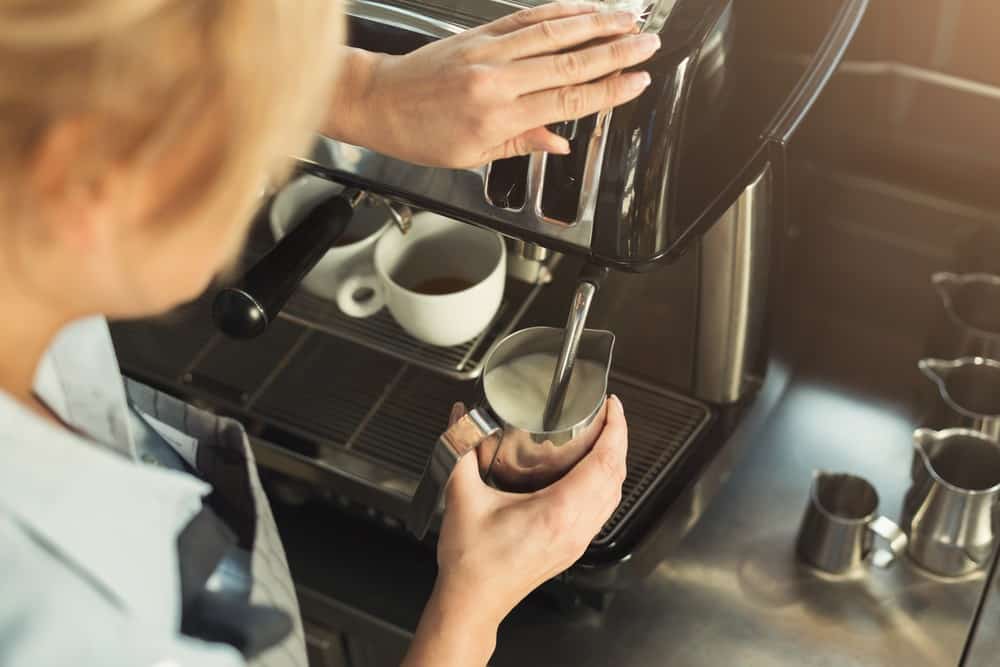
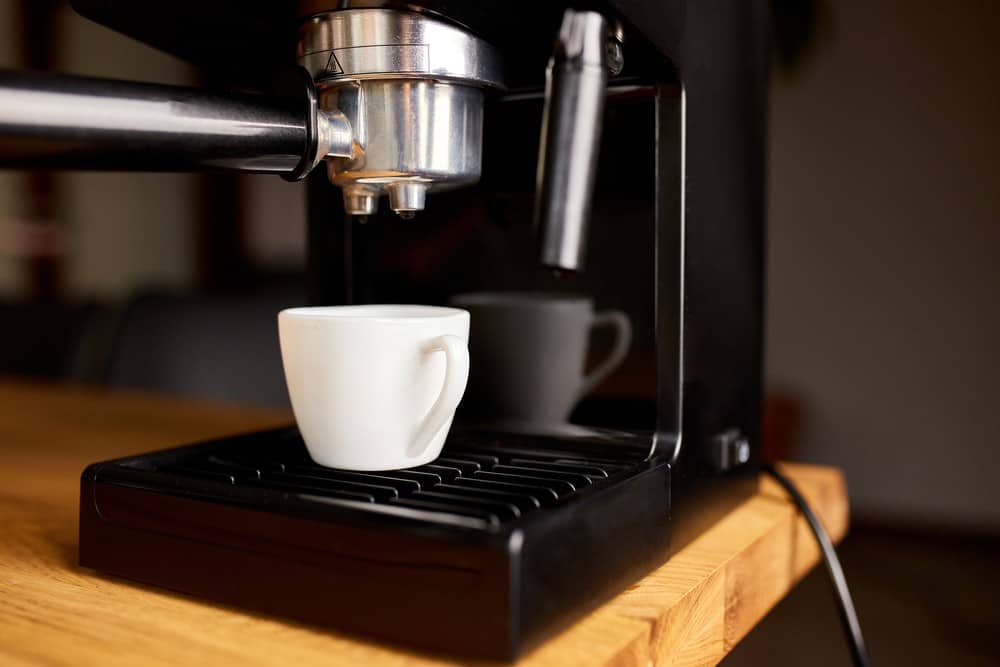
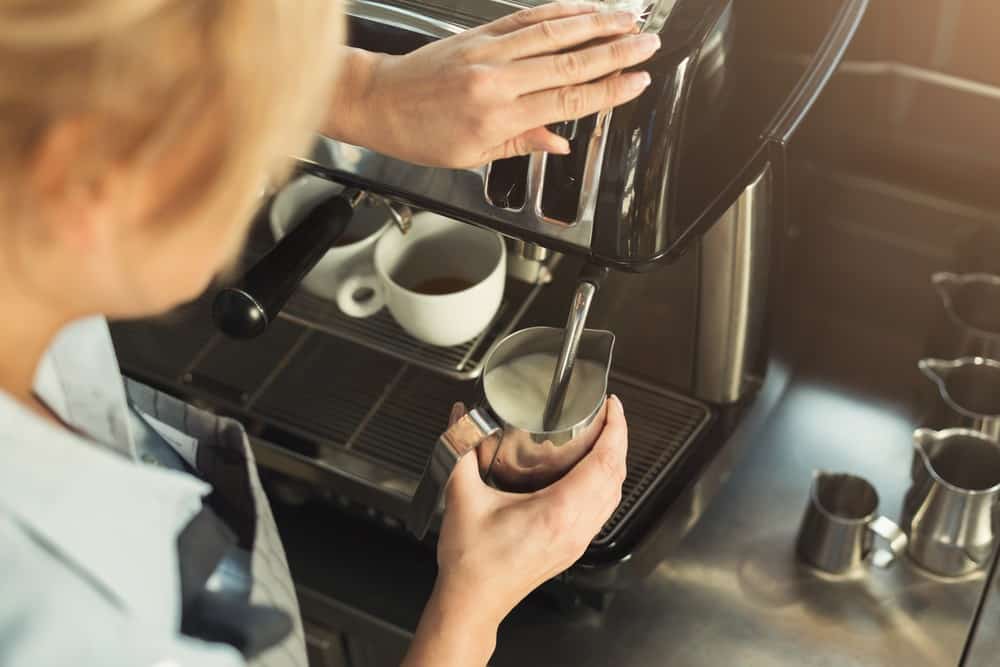
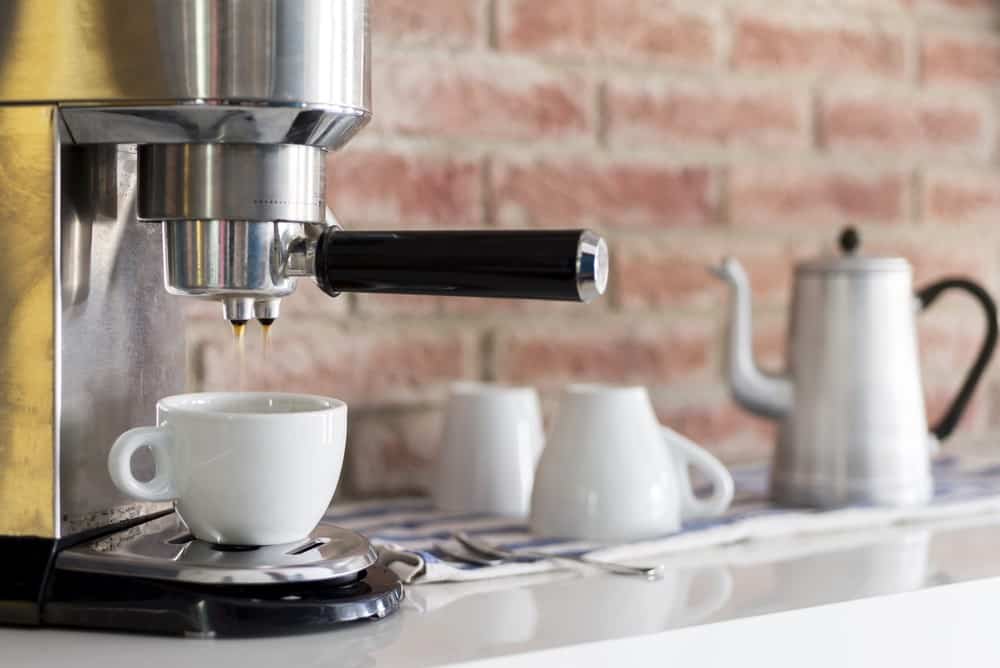
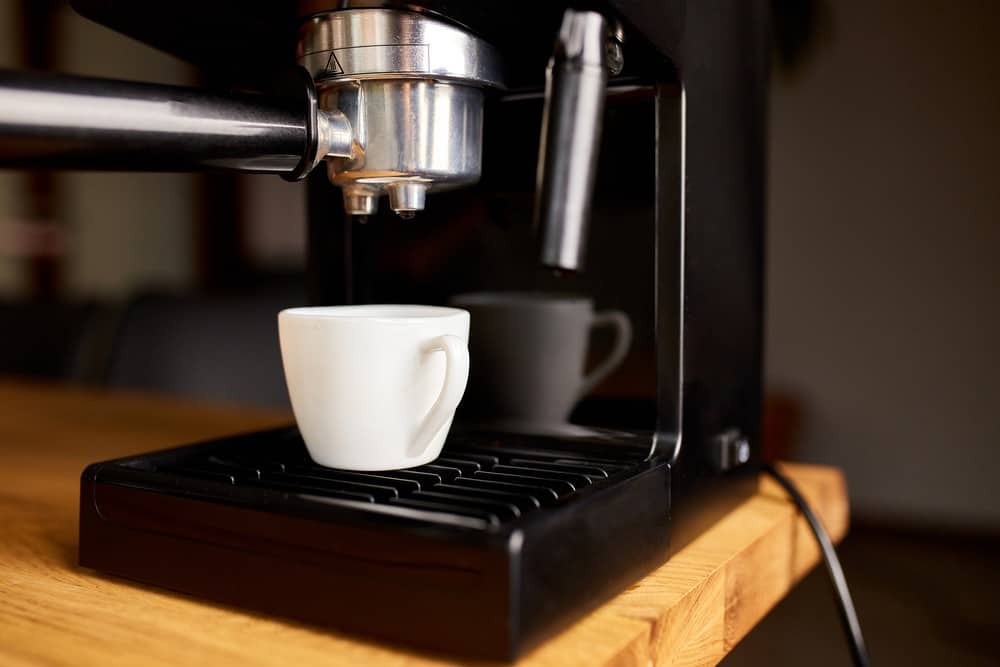
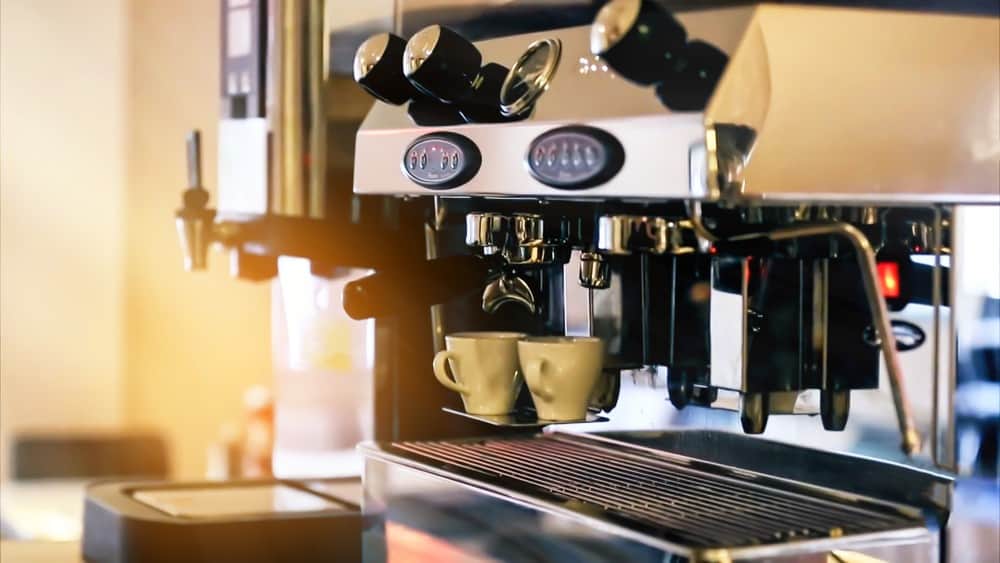
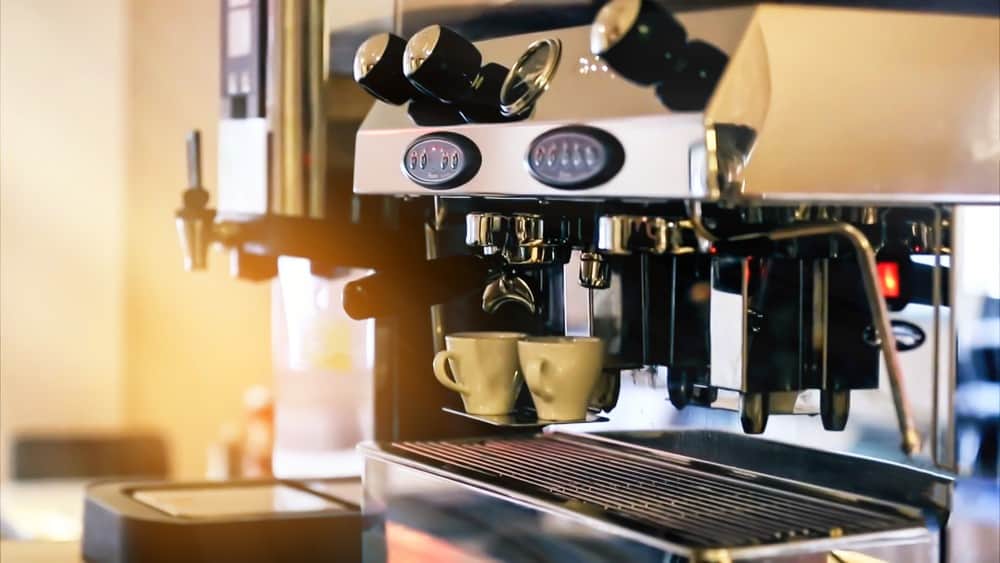
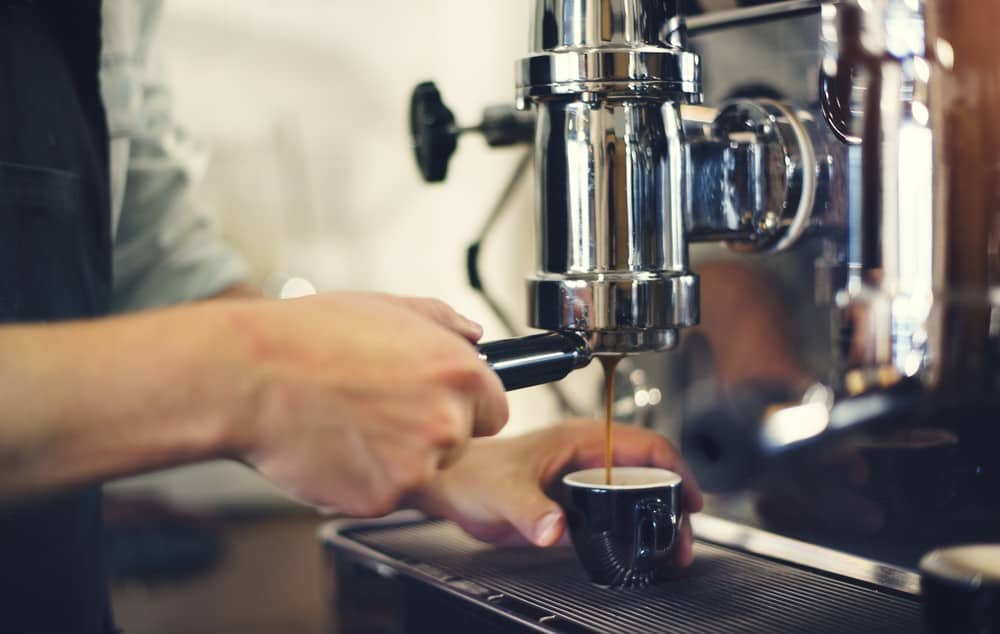
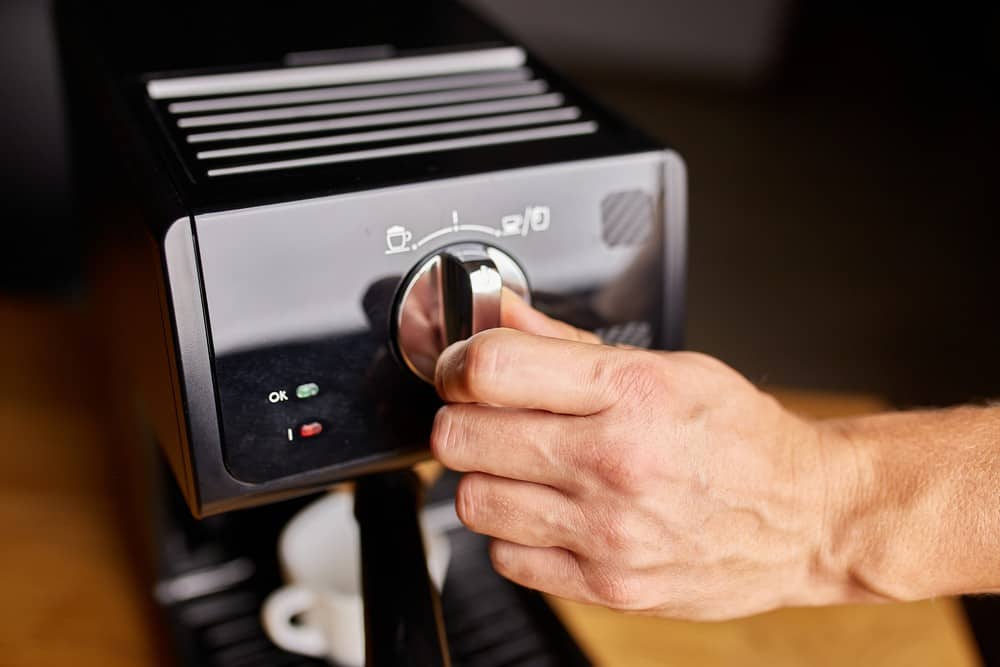
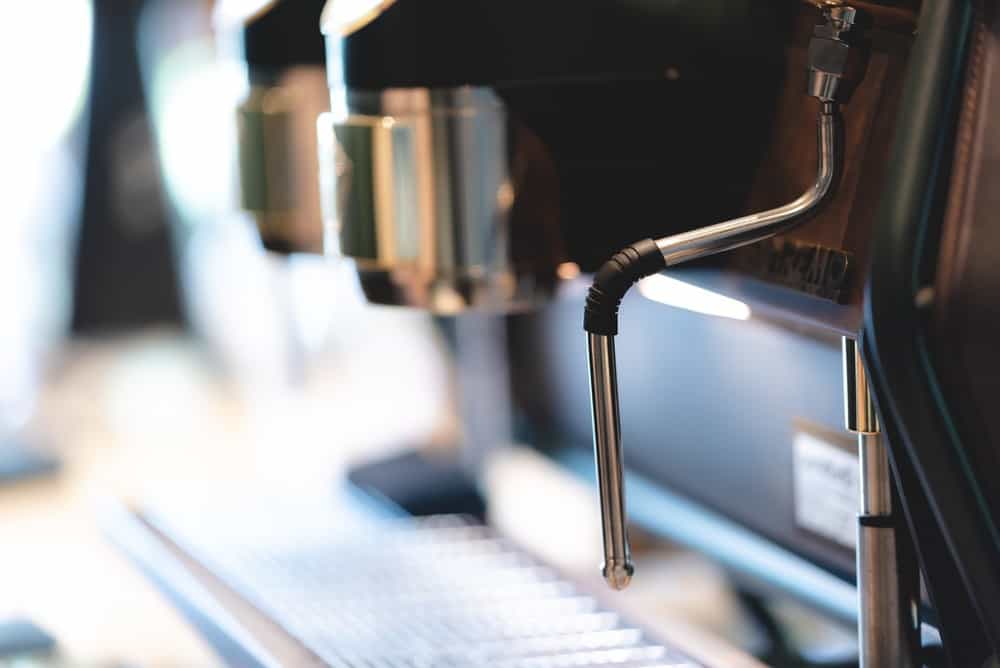
![Best Keurig Alternatives in [year] 27 Best Keurig Alternatives in 2026](https://www.gadgetreview.dev/wp-content/uploads/best-keurig-alternative-image.jpg)
![Best Semi Automatic Espresso Machines in [year] 28 Best Semi Automatic Espresso Machines in 2026](https://www.gadgetreview.dev/wp-content/uploads/best-semi-automatic-espresso-machine-image.jpg)
![Best Coffee and Espresso Makers in [year] 29 Best Coffee and Espresso Makers in 2026](https://www.gadgetreview.dev/wp-content/uploads/best-coffee-and-espresso-maker-image.jpg)
![Best Kitchen Appliances in [year] ([month] Reviews) 30 Best Kitchen Appliances in 2026 (January Reviews)](https://www.gadgetreview.dev/wp-content/uploads/best-kitchen-appliances.jpg)
![Quietest Coffee Makers in [year] 31 Quietest Coffee Makers in 2026](https://www.gadgetreview.dev/wp-content/uploads/quietest-coffee-maker-image.jpg)
![Best Prosumer Espresso Machines in [year] 32 Best Prosumer Espresso Machines in 2026](https://www.gadgetreview.dev/wp-content/uploads/71ytF6efAlL._AC_SL1500_.jpg)
![Best Single Serve Coffee Maker No Pods in [year] 33 Best Single Serve Coffee Maker No Pods in 2026](https://www.gadgetreview.dev/wp-content/uploads/best-k-pod-coffee-image-1.jpg)
![Best Coffee Makers for Hard Water in [year] 34 Best Coffee Makers for Hard Water in 2026](https://www.gadgetreview.dev/wp-content/uploads/best-coffee-maker-for-hard-water-image.jpg)
![Best Dual Boiler Espresso Machines in [year] 35 Best Dual Boiler Espresso Machines in 2026](https://www.gadgetreview.dev/wp-content/uploads/best-dual-boiler-espresso-machine-image.jpg)
![Best Coffee Makers for RV in [year] 36 Best Coffee Makers for RV in 2026](https://www.gadgetreview.dev/wp-content/uploads/best-coffee-maker-for-rv-image.jpg)
![Best Ninja Coffee Makers in [year] 37 Best Ninja Coffee Makers in 2026](https://www.gadgetreview.dev/wp-content/uploads/best-ninja-coffee-maker-image.jpg)
![Best Breville Espresso Machines in [year] 38 Best Breville Espresso Machines in 2026](https://www.gadgetreview.dev/wp-content/uploads/best-breville-espresso-machine-image.jpg)
![Best 5 Cup Coffee Makers in [year] 39 Best 5 Cup Coffee Makers in 2026](https://www.gadgetreview.dev/wp-content/uploads/best-5-cup-coffee-maker-image.jpg)
![Best Commercial Coffee Makers in [year] 40 Best Commercial Coffee Makers in 2026](https://www.gadgetreview.dev/wp-content/uploads/best-commercial-coffee-maker-image.jpg)
![Best Commercial Espresso Machine for a Small Coffee Shop in [year] 41 Best Commercial Espresso Machine for a Small Coffee Shop in 2026](https://www.gadgetreview.dev/wp-content/uploads/best-commercial-espresso-machine-small-coffee-shop-image.jpg)
![Best Coffee for Moka Pot in [year] 42 Best Coffee for Moka Pot in 2026](https://www.gadgetreview.dev/wp-content/uploads/best-coffee-for-moka-pot-image.jpg)
![Best USA Made Coffee Makers in [year] 43 Best USA Made Coffee Makers in 2026](https://www.gadgetreview.dev/wp-content/uploads/best-usa-made-coffee-makers-image.jpg)
![Fastest Coffee Makers in [year] 44 Fastest Coffee Makers in 2026](https://www.gadgetreview.dev/wp-content/uploads/fastest-coffee-maker-image.jpg)
![Best SCAA Certified Coffee Makers in [year] 45 Best SCAA Certified Coffee Makers in 2026](https://www.gadgetreview.dev/wp-content/uploads/best-scaa-certified-coffee-maker-image.jpg)
![Best Smart Coffee Makers in [year] 46 Best Smart Coffee Makers in 2026](https://www.gadgetreview.dev/wp-content/uploads/best-smart-coffee-maker-image.jpg)
